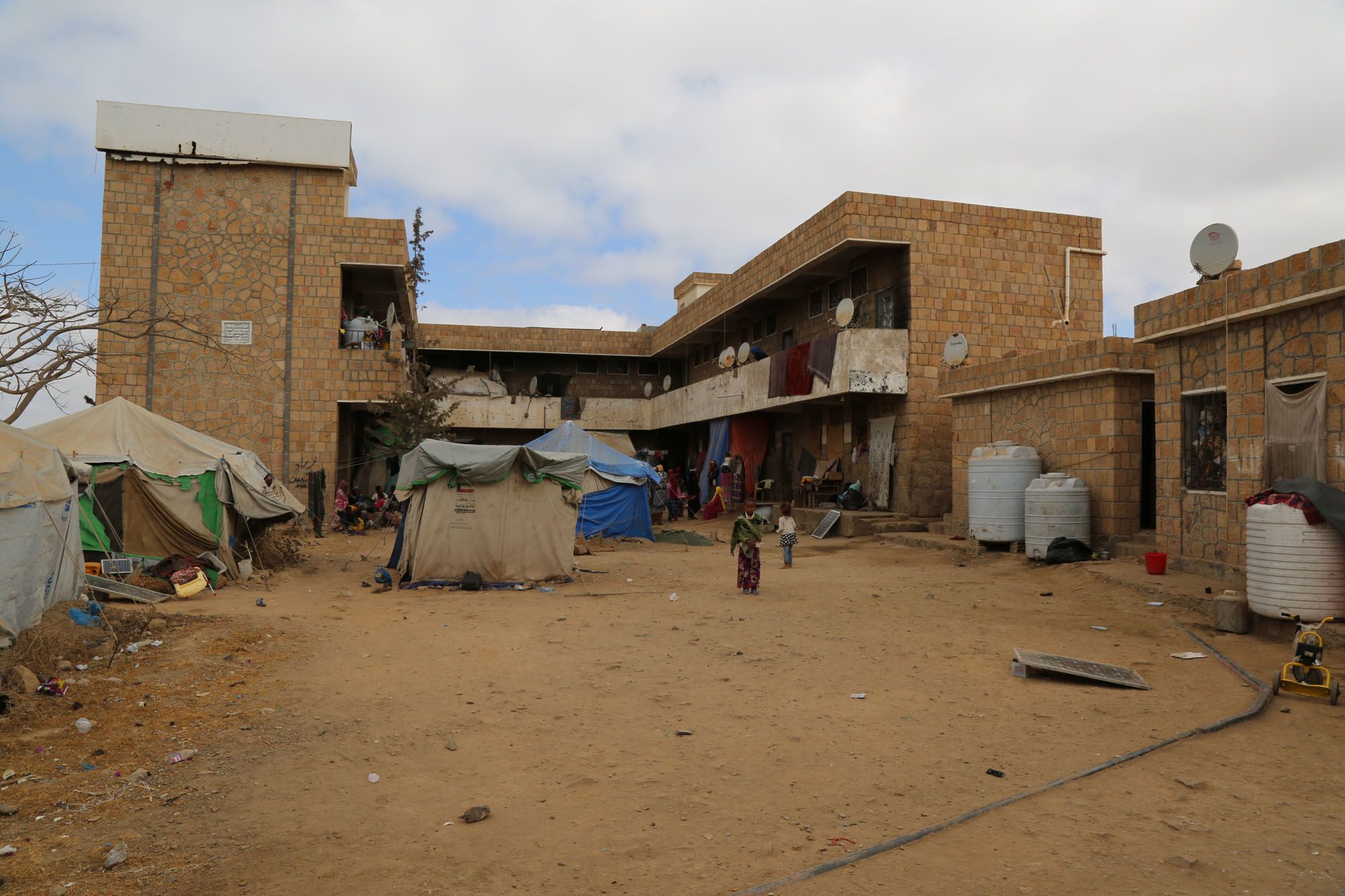Acronyms and key terms

List of acronyms
AML: Anti-Money Laundering
CaLP: The Cash Learning Partnership
CHS: Core Humanitarian Standard on Quality and Accountability
CTF: Counter Terrorism Financing
CVA: Cash Voucher Assistance
DFID: Department for International Development
DTG: Designated terrorist group
EU: European Union
FATF: Financial Action Task Force
FDFA: Swiss Federal Department of Foreign Affairs
IASC: Inter-Agency Standing Committee
IHL: International humanitarian law
INGO: International Non-Governmental Organisation
M&E: Monitoring and evaluation
NGO: Non-governmental organisation
NMFA: Norwegian Ministry of Foreign Affairs
NPA: Norwegian People’s Aid
NPO: Non-profit organisation
NRC: Norwegian Refugee Council
NSAG: Non-state Armed group
OCHA: Office for the Coordination of Humanitarian Affairs
OFAC: Office of Foreign Assets Control
OFSI: Office of Financial Sanctions Implementation
PCM: Project cycle management
PVS: Partner Vetting System
UK: United Kingdom
UN: United Nations
UNSC: United Nations Security Council
US: United States
USAID: United States Agency for International Development
Key terms and definitions
A single globally accepted definition does not necessarily exist for each of the terms below, and organisations use some of them differently. The definitions given here are for the purpose of this toolkit only.
Access — Humanitarian organisations’ ability to reach affected populations, provide humanitarian assistance andthe ability of affected populations to access assistance.
Anti-diversion policies and practices — Measures to ensure that humanitarian assistance reaches the intended beneficiaries.
Code of conduct — A set of principles adopted by an organisation designed to maintain standards of behaviour.
Counterterrorism measures — International, regional, national and donor instruments and policies related to counterterrorism
DTG — A group or organisation that has been listed as terrorist by a government pursuant to its national law or by an international body pursuant to international law.
Due diligence — The implementation of an organisational policy and controls designed to assess and track how an organisation’s activities and relationships affect its humanitarian work throughout the project cycle.
Evaluation — A learning process intended to systematically assess the efficiency, effectiveness, relevance, sustainability and impact of an activity, project or programme. Evaluations focus on assessing outcomes rather than outputs.
Fraud — A deception practised to secure unfair or unlawful gain.
Monitoring — The continuous and systematic oversight of the implementation of an activity, which is used to measure the achievement of objectives using allocated funds.
Residual risk – The risk that remains after efforts to manage or mitigate risks.
Risk - The effect of uncertainty on an organisation’s objectives.
Risk management — The coordinated activities to direct and control an organisation with regard to risk.
Risk transfer – The shifting of risk from one organisation or group onto another. Risk transfer can occur between donors and humanitarian organisations, between international organisations and local implementing partners, and between headquarters and field-based staff.
Sanctions — Restrictions imposed by one or more countries upon another country for political reasons. They may take many forms, including economic and targeted sanctions.
Vetting — The action conducted by an organisation to check whether prospective partners, contractors or staff members appear on designated terrorist lists such as those maintained by donor governments, host governments or bodies such as the UN or EU.

